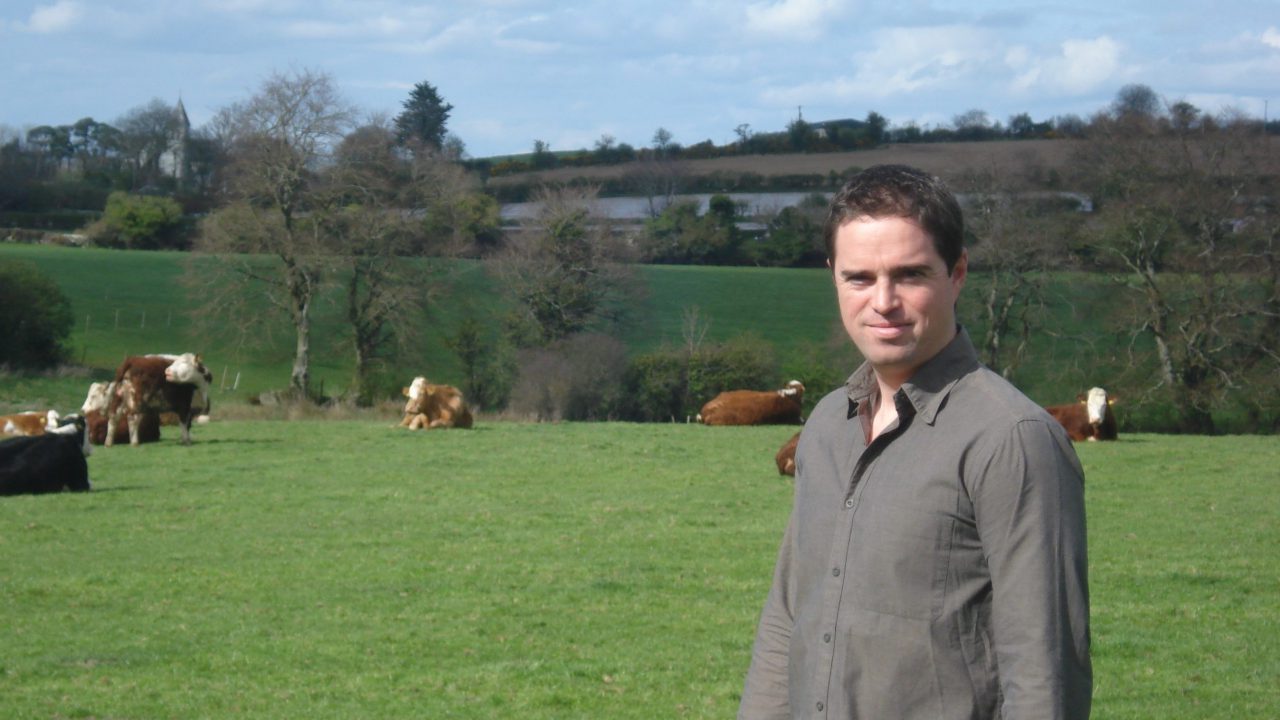A good harvest is critical to getting quality crops from the fields to the stores, and to obtain low moisture contents, which will help reduce drying costs. In what is sometimes a rush to get the job done, everyone must be conscious of farm safety in the lead up to, and during, the harvest.
The aim of this instalment on farm safety is to remind farmers about the risks that are present during harvest time, and to continue to encourage farmers to think about farm safety each day of the year as a matter of routine.
We cannot afford to be complacent about farm safety, especially when operating machinery. Doing so poses one of the greatest risks to our safety on the farm.
Fatalities
Everyone operating machinery and equipment needs to be safety conscious at all times.
It is frightening to think that a short lapse in concentration, taking a chance, or not putting effective controls in place to protect everyone, especially children and vulnerable adults, can result in life-changing injuries or death, and leave families traumatised.
In the 10-year period to 2021, farm vehicles and machinery accounted for over half of all work-related fatalities on Irish farms, according to the Health and Safety Authority (HSA).
The most common causes of these fatalities involving vehicles and machinery included: people being crushed, trapped or struck by machinery; people being struck by a falling object; or people slipping and falling.
Many more suffered serious injuries – some of which were life changing.
Knowing these most common causes of incidents informs us about the risks and the need to minimise them.
I want to repeat the message contained in my previous articles – the Farm Safety Code of Practice – Risk Assessment must be reviewed regularly, and before the harvest is one of those times when you need to take it out and go through each section.
Incorrect handling, transport, and storage of bales has also contributed to farm fatalities.
Bale stacks
The risk of falling from stacks of bales or bales falling on a person is significant unless steps are taken to avoid it happening on your farm. Children should never be allowed to climb stacks of bales because of the risk of falling and the risks of bales falling on them. Climbing stacks to remove bales is a high-risk activity for farmers.
Similarly, when loading bales in the field or unloading in the yard, children and other bystanders should be kept away at all times.
Irresponsible behaviour
Irresponsible behaviour, when operating farm machinery, is unacceptable and must not be tolerated by any agricultural contractor or farmer.
It is important that all machinery drivers, particularly younger drivers, are reminded of their responsibilities as part of the farm safety conversation.
Electricity
Particular attention should be paid to the section on electricity in the Farm Safety Code of Practice – Risk Assessment in relation to the storage of straw and the drying of grain.
Substandard or poorly maintained electrical installations and equipment can lead to injury or death and can also lead to fire in grain or straw stores.
Remember, you must always use a registered electrical contractor to carry out electrical work.
If constructing or upgrading grain drying or storage facilities, please consult the specification on the Department of Agriculture, Food and the Marine website.
It is also worth checking out the Targeted Agricultural Modernisation Scheme (TAMS II) for grant aid for the construction of grain stores, grain equipment including dryers, rewiring buildings, and yard lighting.
My farm-safety action list
When using your Farm Safety Code of Practice – Risk Assessment as a guide, it is important that you set out your safety action list at the end of the document.
This list will help prevent injuries and save lives.
You must list each safety-control measure that you have identified as missing or as substandard during your checks, and the action that YOU must take on YOUR farm to put an effective control measure in place.
The control will vary according to the risk: It may be a procedure, such as managing child safety on the farm; or maintenance, such as repair of machinery.
Once the control is in place, the action can be signed off and the safety assessment updated.
Farm Safety Week
This week is Farm Safety Week, which is being led by the Irish Farmers’ Association.
Each day this week, a particular theme has been highlighted to promote safe farming practices, and improve farmer health and wellbeing.
So, be sure to ‘think farm safety’ as you plan and go about your work this week – and every week of the year!
